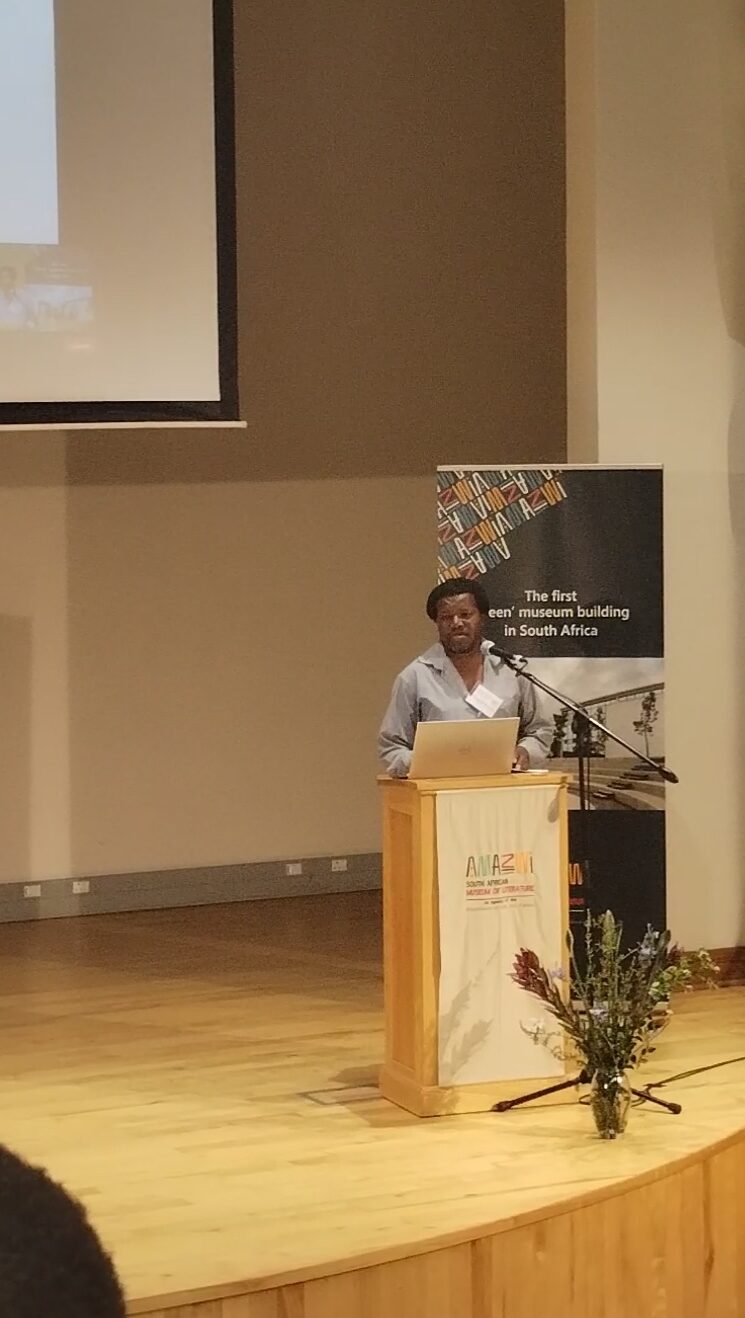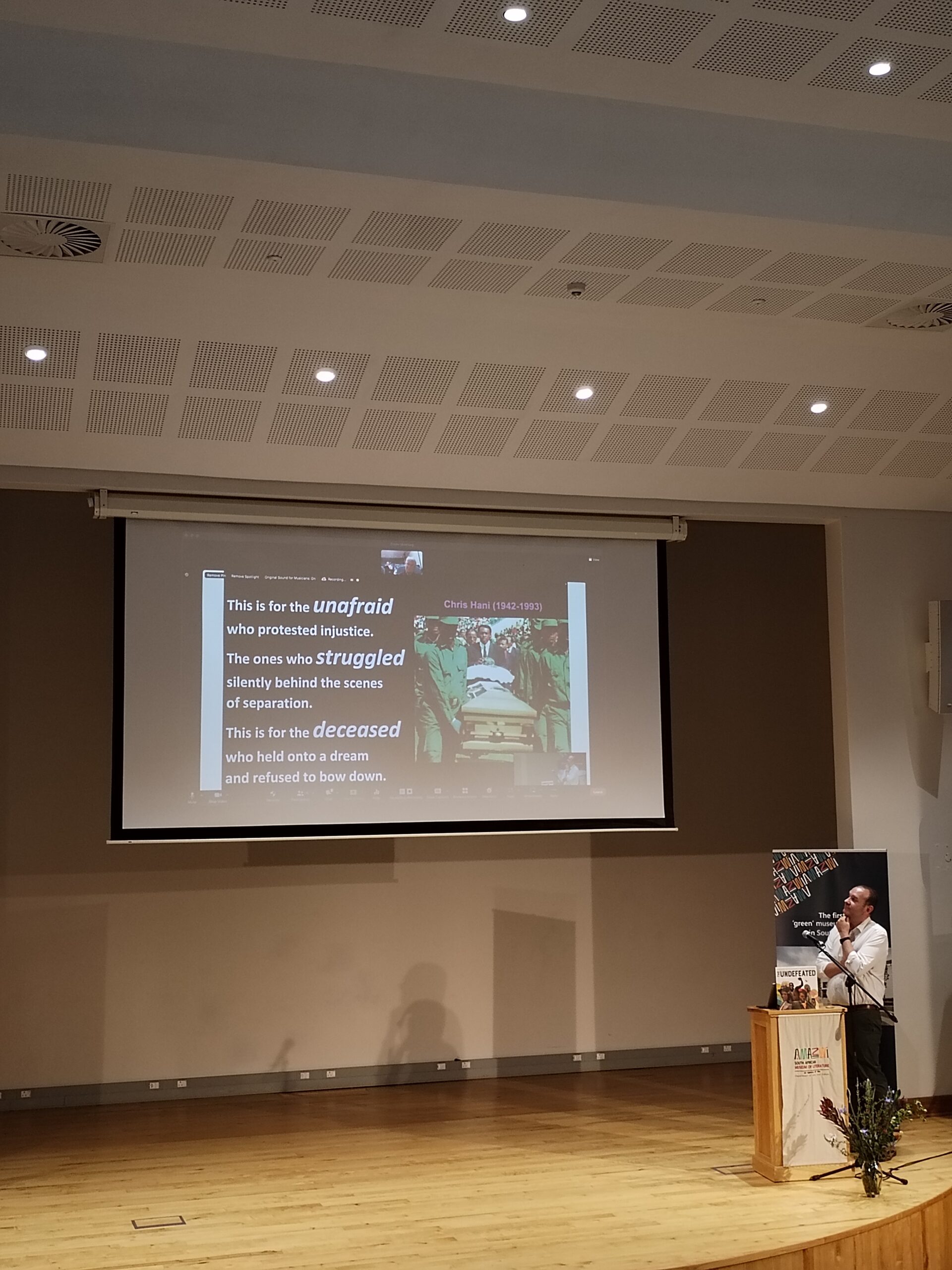By Tokologo Lekoma
The Amazwi South African Museum of Literature hosted another event to wrap up the month of February. Between 23 to 24 February, the museum held its first Children’s Literature Conference. Various authors, publishers, illustrators, academics, and the like attended face-to-face, and those who could not participate had the option of a Zoom call.
Award-winning author Sindiwe Magona, well-known for her children’s books, The Best Meal Ever and The Skin We Are In, was the keynote speaker. She addressed the importance of retelling folktales to children in their home languages and encouraged people to continue producing literary archives for future generations.
Speakers Phakama Matoti and Elana Bregin, raised crucial issues about creating safe spaces for children to read for leisure and the gap in content for readers between the ages of eight to twelve. Matoti said that many children often need to reap the benefits of reading literature that excites them because of how formal education is structured. “School teaches us to read for understanding and critical analysis, which puts a damper on imaginative thought,” said Matoti. Bregin further urged writers to nurture the neglected reading paths of children aged eight to twelve, as this enhances their vocabulary and love for books.
On 24 February, Michael Boyd, an English educator at St. John’s Preparatory School, presented a ground-breaking yearly project he does with his students. Inspired by Kwame Alexander’s poem, The Undefeated, Grade 7 pupils were tasked with rewriting this into a South African context. Boyd instructed the learners to research “unsung heroes” from our nation’s historical struggle, especially because many children are unfamiliar with these stories. He spoke about the joy of teaching his students about the power of “un-” and not following the set rules of poetry. “I love their energy and ideas they’re able to come up with on their own,” Boyd said. He added that while he could inspire or trigger them, he could not write for them. He also presented the final product, written by learners, titled ‘Our Undefeated’. The piece reflects storytelling travelling across continents and mimics similar information in different circumstances.
Crystal Warren, the manager of the Curatorial Division at Amazwi, spoke about allowing children to see themselves as writers and not be pushed towards things that do not bring them joy. “At least two St John’s students have writers in their family. This ensures that children can see authors they can relate to and see themselves as writers too,” she said. From a long-term perspective, such an experience will positively affect the children’s self-esteem and how they place themselves in the world. Boyd and Warren agree that practising creative writing allows children’s voices to emerge without limitations.

Zongezile Matshoba, the Education and Public Programmes Manager at Amazwi, echoed this sentiment. “Children’s literature must not be limited to specific stories meant for children,” he said. Discovering oneself is a rather uncomfortable journey at times, which is necessary for personal growth. Matshoba mentioned several books by GB Sinxo and Zakes Mda that tackle issues about “things we’re not supposed to talk about” at home. Adapting these books into stories suitable for children helps them grapple with complex concepts, so they do not become illiterate adults. “Reading books that address these topics is needed to help children grow and learn through the discomfort,” Boyd added.
A key theme of the two-day conference was giving young children creative freedom in their reading choices, self-expression, and how they view society through all aspects of literature, without forgetting the importance of including Braille for visually impaired children and opening spaces for them to discuss topics that fly under the radar.



